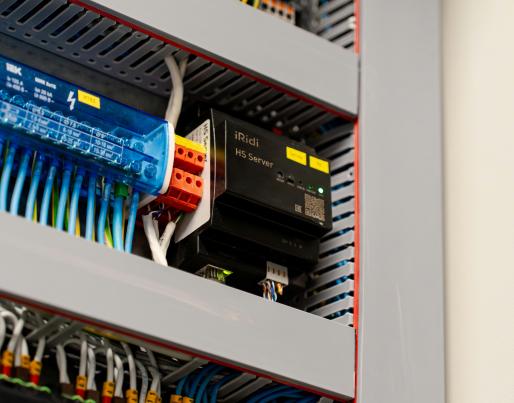
Building Automation and Control Systems impact on EPC classes in Europe

Building Automation and Control Systems impact on EPC classes in Europe
Automation and control systems in buildings offer fast, low-cost improvements in energy performance. This article explores their impact on energy rating classifications across Europe and their role in meeting new minimum efficiency standards.
The research conducted by Politecnico di Milano, supported by eu.bac, offers a clear and quantified view of the impact that Building Automation and Control Systems (BACS) can have on the energy efficiency of Europe’s building stock.
The study shows these systems are cost-effective and quick to implement, capable of significantly improving a building’s energy rating—particularly in poorly performing buildings. In residential buildings, an average improvement of one energy class is observed, while in non-residential buildings, the increase can reach up to 1.3 classes. This improvement positions automation and control systems as a key tool for meeting the ambitious targets set by the revised Energy Performance of Buildings Directive (EPBD).
Beyond energy savings, these systems offer a multiplier effect: they enhance indoor comfort, reduce operational costs, enable integration with smart grids, and improve a building’s Smart Readiness Indicator (SRI). The study also highlights their suitability for older buildings, where other solutions may be more expensive or disruptive. With estimated costs of around €10 per square metre and payback periods under four years, automation and control systems emerge as a strategic investment to accelerate the energy transition.
Building Automation and Control Systems impact on EPC classes in Europe.pdf
English (2.75 MB - PDF)
